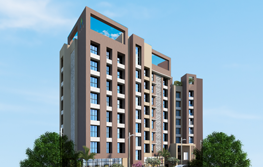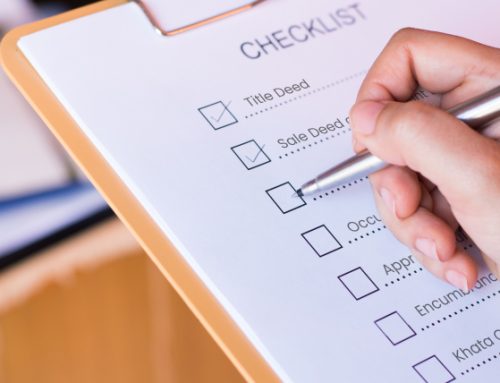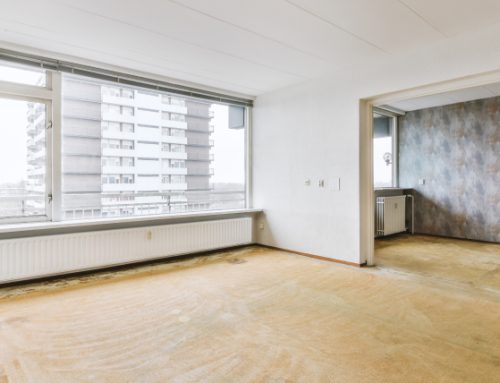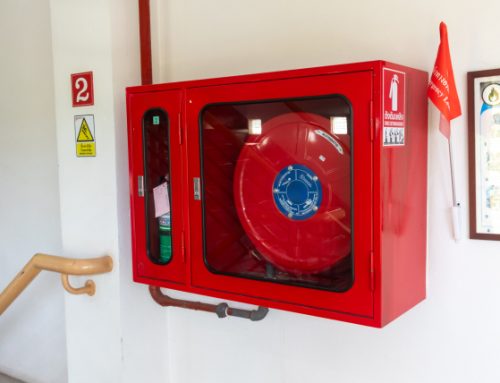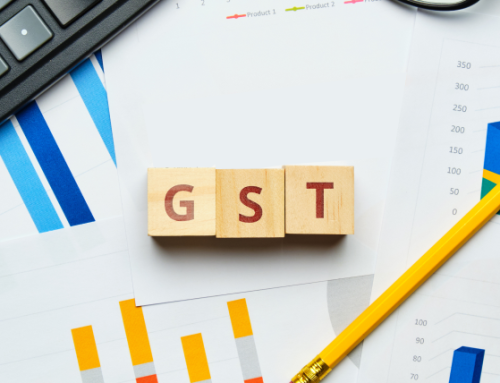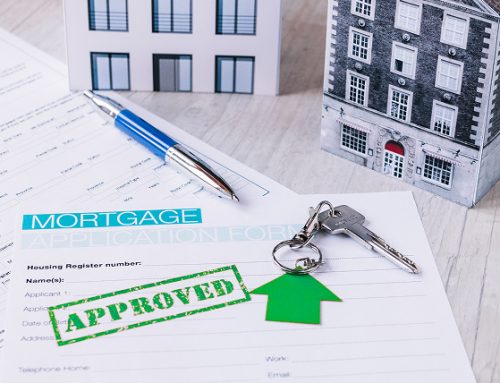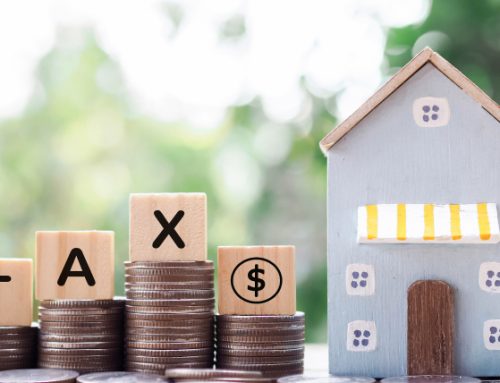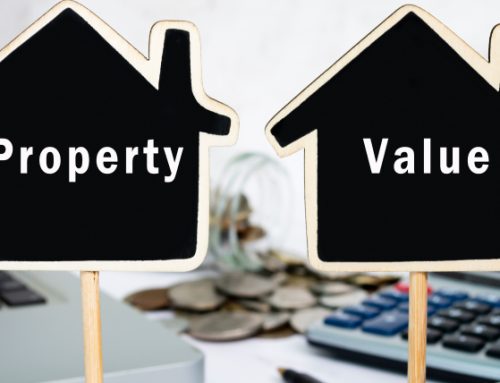It won?t be wrong to say every person dreams of having their own home in life. However, some realise this dream early in their careers while others have to wait longer to make it come true. Home purchase is typically the biggest investment of our lifetime. To achieve this superlative goal, one needs to have financial stability and an income pool big enough to accommodate this major expense.
So, the question is, what is the best time to buy a house: early in our careers or later when our finances stabilise? Before we get to the answer to this, let?s discuss some of the common reasons why so many people want to buy a home early in their lives.
Why do people think they should buy a home at an early age?
Young people who have just started their career usually find it challenging to buy a home and thus stay in rented houses. But as their income grows, they feel they can save on the rent outgo and instead pay for their home loan EMIs. Then there are some who buy a house early in their lives as a pure investment move to safeguard their financial future.
Many feel since buying a home will be the biggest financial goal of their lives, it is better to start the process early so that they can concentrate on other important goals later. Others believe it would get extremely difficult to buy a home at later stages owing to factors like additional responsibilities and inflation. Lastly, many buy a home at an early age simply because they have a good income or financial support from their family members making it easier for them to afford the EMIs.
To be fair, none of these arguments are wrong. There are indeed several benefits of buying a home early in your life, some of which are discussed below.
Advantages of buying a home early
Buying a home early has several advantages like you can repay the loan amount well before your retirement, and by the time you repay the loan the value of your property is likely to have increased significantly. So, you can enter your post-retirement phase without a major debt to worry about and a great asset under your belt.
Also, staying in a rented house isn?t the same as living in a self-owned property. Rental living is often marked by woes like having to look for a new place every other year, among a host of other potential issues.
If you buy a home on loan at an early age, it will also help you save a lot in tax outgo against various deduction benefits available under the I-T Act. You can always use this saved amount to meet other financial goals or to prepay your home loan and accelerate the loan-clearing process. Real estate is also regarded as one of the best hedges against inflation, so buying a home early will minimise erosion of wealth due to inflation.
Most significantly, getting into the habit of dealing with a major financial commitment like paying home loan EMIs early in your life will instill financial discipline like nothing else. Clearing your dues every month will ensure you?re always conscious about your financial priorities and an expert in minimising wasteful expenses.
That being said, buying a home early in your life is a tall task fraught with several challenges and risks too.
Drawbacks of buying a home at an early age
People take this deep plunge assuming they?ll have stable income throughout the loan tenure. However, things might get really complicated if you lose your job midway, even temporarily, as you will struggle to repay your EMIs and accumulate huge debt in the process. Worse, being unable to repay home loan EMIs for more than three months will lead to your loan being classified as an NPA, at which point the lender is within his rights to initiate the loan recovery process through the means legally available to him, including through the auction of your property. Needless to say, this will cause irreparable damage to your credit score.
Also, if you haven?t thought it through, arranging for the down payment fund and other major miscellaneous costs associated with buying a home alongside dealing with the loan burden can pressurise your finances to such an extent that you might struggle to meet other important financial commitments. Many exhaust their emergency fund and discontinue crucial insurance plans and investments to be left with sufficient funds to repay their loan, but doing so leaves them vulnerable to life?s many vagaries. Extreme cost-cutting, especially when it comes to discretionary expenses like vacations, can also cause major stress.
Then there are those who make major sacrifices to buy a home early in their lives but then they are forced to move to another city for professional reasons. Dealing with the EMIs and the rent can get extremely challenging for such people.
So, should you buy a home early in your life?
The answer to whether you should buy a home early in your career or not lies solely in your preparedness to take on this humongous financial responsibility. While buying a home early has major advantages as discussed above, doing so would involve immense financial discipline on your part.
So, you?ll be well-advised to embark upon this path early in your life only if you think you can arrange for the out-of-pocket expenses like down payment, registration, etc. without undermining other financial goals, and have a clear repayment plan to deal with the EMIs. Because, while a home is extremely important, it?s not the only important financial goal that you need to take care of. Buying one without a proper plan can cause more harm than good. If you?re unsure, it?s better to wait for a few years until you?ve stabilised your finances.
In conclusion, when it comes to buying a home, take the plunge only when you think you can meet this financial goal without impacting other important commitments ? be it early or later in your life.


